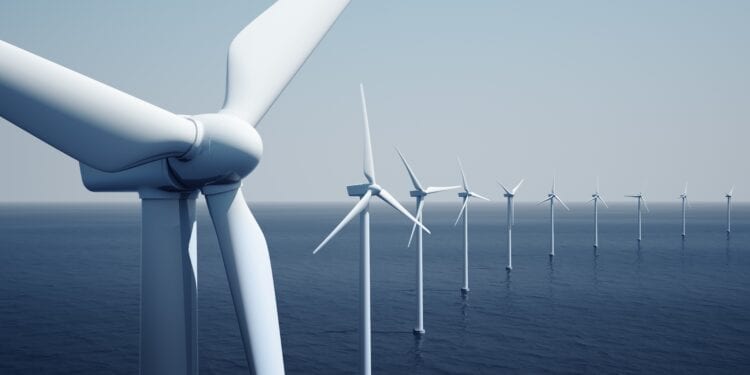Appoints Wood Group To Investigate Magnet Metal Potential
Pensana Rare Earths Plc (LSE:PRE, ASX:PM8) has appointed the Wood Group to undertake a study into the establishment of an integrated rare earth processing facility in the UK with a view to creating the world’s first sustainable magnet metal supply chain.
Chairman Paul Atherley said that having progressed the design of the Longonjo project to include the production of a mixed rare earth carbonate, Pensana now has a unique opportunity to explore the potential for it to make one further step downstream and to create additional value by establishing a rare earth oxide production facility in the UK.
Mr Atherley said that by linking a mid‐stream magnet metal supply with downstream magnet manufacturing capacity there is the potential to create a sustainable magnet metal supply chain at a time of increasing concern over the provenance of these critical metals for the electric vehicle (EV) and Offshore Wind Turbine industries.
Following the recent resource upgrade, the Longonjo project is now one of the world’s largest known rare earth resources. To give a sense of scale, the Longonjo project could, together with the UK processing facility, produce enough rare earth oxide to supply the wind turbines at Dogger Bank, projected to be the world’s biggest wind farm, for the next 20 years.
Located 130 km off the Yorkshire coast, the Dogger Bank wind farm will be powered by an array of 260m high Haliades X 13MW turbines, each requiring over seven tonnes of permanent magnets, and has the capacity to generate enough renewable electricity to power 4.5 million homes, or 5% of the UK’s total electricity supply.
With Presidential approval and ongoing financial backing from the Angolan Sovereign Wealth Fund, Pensana’s Longonjo project is well‐placed to become the first producing major rare‐earth mine in over a decade at a time of burgeoning demand for these critical metals.
The project is being developed to international standards, has established infrastructure, including the capacity to be entirely powered by hydro‐electricity, making Longonjo one of the world’s most sustainable rare earth producers.
Thierry Breton, the EU’s internal market commissioner, recently announced the establishment of a European Raw Materials Alliance recognizing that the EU needs to establish sustainable supply and processing capacity of rare earths to support the UK government’s plans for the UK to become the Saudi Arabia of wind.
Mr Atherley said Pensana is focused on this broader context and the Wood Group Study will take into account sustainable development when considering the process route, preferred location, capital and operating costs, financing arrangements and government incentives relating to the UK project. The study is currently expected to take approximately three months to complete.
“We all want a green economy and to ‘build back better’, however this burgeoning demand for magnet metals brings into focus the provenance and sustainability of these critical supply chains,” Mr Atherley said.
“The UK and the EU lead the world in the Offshore Wind and EV industries, both of which are dependent on permanent magnets. Both have recognized that the green recovery requires critical raw materials and that a sustainable magnet metal supply chain is needed to support the green economy.
“The Wood Group Study will look at the first and most important step in creating a sustainable mine to magnet supply chain and that is establishing rare earth processing capability in the UK.”












